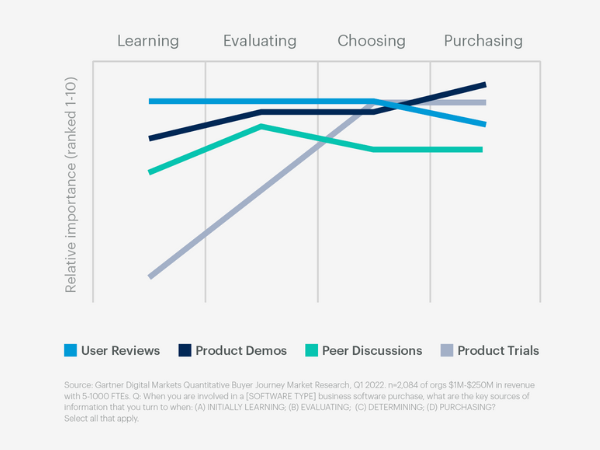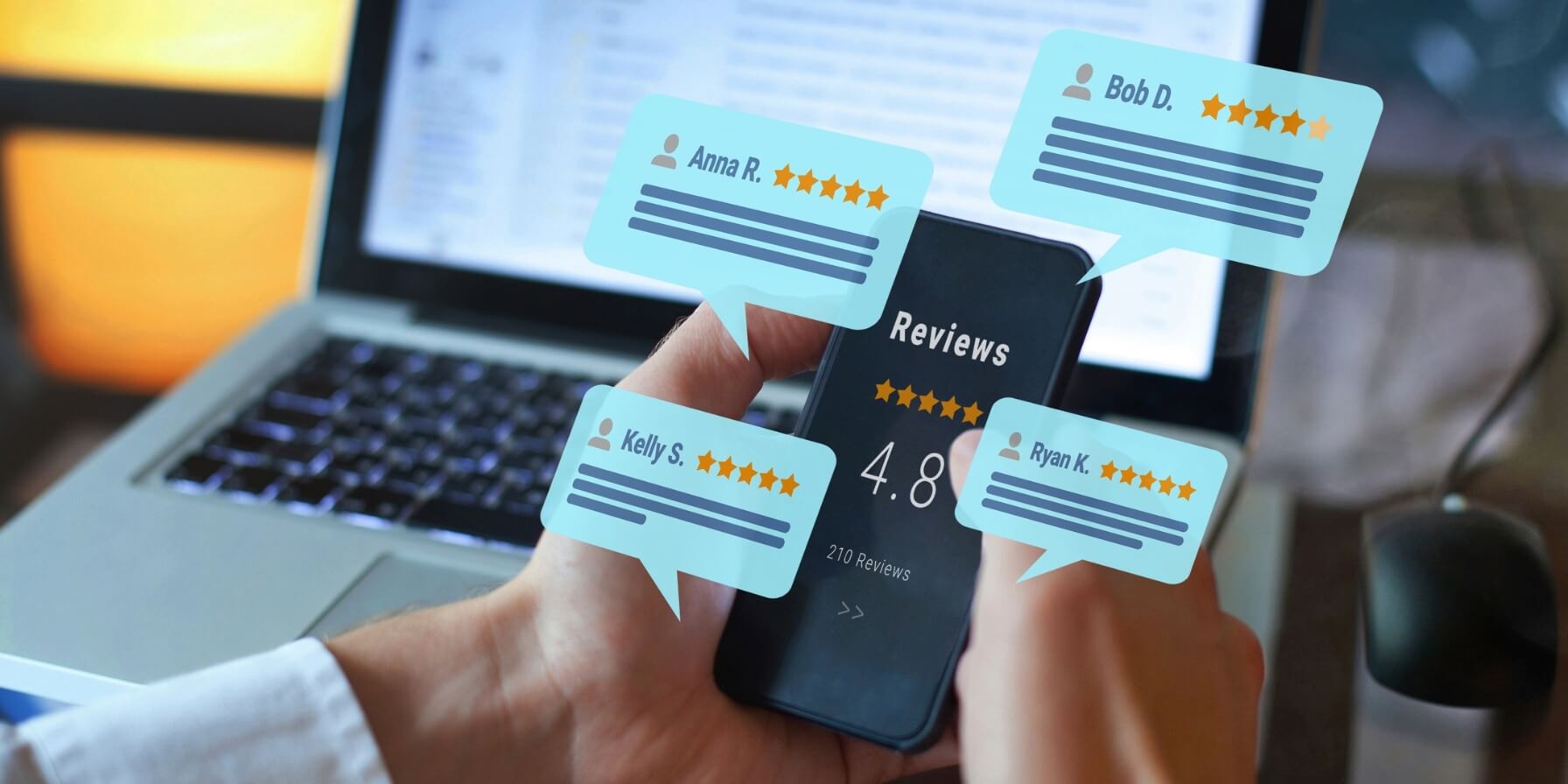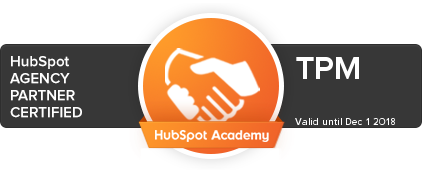B2B Influencer Marketing: Why Word of Mouth Still Matters
- Dean Ara
- November 20, 2023

Word-of-mouth marketing is not new. It’s been around for literal centuries. But the modern versions of this time-honoured tradition are often overlooked in the B2B space. Digital word-of-mouth and B2B influencer marketing are a critical part of your strategy — and if you’re not leveraging their power, your organization is missing out.
At a time when consumer trust in businesses, institutions, and media platforms is declining, buyers want to hear from real people — even ones they don’t know — about the products or services they’re considering. Word-of-mouth marketing is also increasing in importance as the buyer journey evolves. Today’s decision-makers are spending more and more time on independent research — and less and less on talking to sales teams.
Word of Mouth: A Proven Marketing Strategy
Before marketing as we know it became a thing, consumers (and businesses) would choose products, partners, and service providers based on what they heard about them from others.
Time has not diminished the power of word-of-mouth marketing. And our ability to utilize it only expands as new technological developments emerge. While people shopping for a service in the early 1900s would likely turn to family, friends, and neighbours for recommendations, the dawn of the internet and the global economy means we can now ask strangers around the world for their opinions on potential purchases.
But marketing exists. Agencies and experts (like us!) have perfected the art of engaging potential buyers online. So why do B2B influencer marketing and digital word of mouth matter?
It’s all about trust. People will always give more weight to the opinions of anyone with real-world experience — and especially friends, family, colleagues, and social peers — than to the most polished or compelling marketing pitch. Did you know only 68% of B2B buyers say they trust companies to be truthful about their offering?
What is Digital Word-of-Mouth Marketing?
Now instead of picking up the phone to call a colleague or going to get coffee with a trusted friend, decision-makers are hitting social media and review sites to get their purchase-related questions answered.
The importance of online reviews and advocacy sites in B2B marketing has climbed in recent years. While brands selling directly to consumers have long embraced customer reviews as a way to demonstrate the value they provide, B2B companies — many of whom operated offline a lot longer than B2C brands — were slower to embrace digital word of mouth. But 59% of buyers in the B2B Disconnect Report say reviews influence purchase decisions, including what they buy, who they buy from, and how much they are ready to pay.
This graph from Gartner shows just how vital user reviews are in the B2B buyer journey — especially in the early stages.


What is B2B Influencer Marketing?
Influencer marketing is essentially the use of paid or unpaid content created and distributed by online users to promote or recommend a brand, product, or service. It can be used to increase brand awareness, drive traffic, or highlight specific offerings to your target audience. Done right, it adds credibility and authenticity to your marketing message, while helping you reach new audiences.
Your organization can leverage influencers’ reach and reputation in a variety of ways:
- Brand ambassadorship — long-term partnerships with influencers can help shine a spotlight on your company as someone your audience can trust
- Influencer takeover — the right influencer posting on your digital channels can deliver a major boost in traffic
- Endorsements or promo codes — a social media personality’s recommendation of your offering will go even further if they can provide exclusive discounts to their followers
How to Build Word of Mouth in the Digital Age
Amassing reviews and working with social media influencers to get your message out can be an effective addition to your marketing strategy, but there are right and wrong ways to approach digital word-of-mouth marketing.
1. Don’t: Be boring
Neither of the Bs in B2B marketing stand for boring. Don’t be afraid to get creative with your digital word-of-mouth or influencer marketing campaign. After all, the decision-makers you’re trying to reach are still human, and they’ll respond to something that grabs them emotionally.
2. Do: Choose influencers that fit your brand
You wouldn’t try to reach a broad audience that probably wasn’t interested in your product with an email or content marketing campaign; why would you do it with B2B influencer marketing? It’s vital to find an influencer whose audience could benefit from your solution — and that could be anyone from celebrities to industry leaders, from employees to existing customers who have achieved success using your products.
3. Don’t: Exclude influencers from your strategy
Word-of-mouth marketing works because people trust the information they get from non-marketing sources. The influencer you work with has spent time getting to know their audience and understanding their pain points and goals. Leverage their knowledge when building a strategy, rather than treating them as a paid performer.

4. Do: Make brand feedback accessible
Sometimes brands are reluctant to open themselves up to online opinion because they fear one negative review will hurt their reputation. But a few negative reviews among the glowing feedback from other customers can help boost your credibility and provide you a chance to improve a buyer’s experience. Minimize the number of barriers that could stop customers from reviewing your business.
5. Don’t: Expect results right away
Word-of-mouth marketing — especially in the B2B space — is a marathon, not a sprint. Don’t expect to see leads roll in and sales spike the moment you have a few positive reviews or start working with an influencer. This strategy is about engaging your audience, educating them, and working to gain their trust — and that takes time.
6. Do: Create content your audience will share
Most content marketing assets can do double-duty in your word-of-mouth campaign, provided you make them shareable. I’m not just talking about ensuring that they’re not limited to a specific audience. Truly shareable content gives audiences a reason to care and a reason to share. Infographics, video clips, memes, and how-to guides are all great examples of shareable assets, but the important thing is to build content that’s original, relatable, useful, entertaining or emotionally engaging so people who see it want to pass it on.
7. Don’t: Focus exclusively on social media
The right influencer for your marketing campaign might not be especially active on social media. (Given the recent decline in the public’s trust in social media, it might be better if they’re not.) Any trusted figure in your sphere — including your existing clients — can serve as an asset to your word-of-mouth marketing campaign. (Seth Godin is among the most powerful influencers in the marketing world, but it’s not because he’s always on Facebook.)

8. Do: Keep your target audience in mind
As with any marketing campaign, B2B influencer marketing strategy should always be built with your potential customers top of mind. Don’t get sidetracked thinking about how cool you’ll look when a digital celebrity mentions your brand, or focus too heavily on a splashy stunt to kick off your influencer campaign. Always consider what will resonate with your target audience, and build a campaign with their interests, needs, challenges, and goals in mind.
9. Don’t: Overlook potential conflicts
Most B2B influencers have built their reach and reputation based either on their position or their partnerships in your industry. If they’re working with your competition (or if they ARE your competition), they’re unlikely to be terribly effective at convincing their followers to give your brand a try. Spend some time researching potential word-of-mouth marketing partners before approaching them to participate in an influencer campaign.
10. Do: Monitor metrics and adjust as needed
Word-of-mouth and influencer marketing are still marketing, and paying attention to KPIs to understand what’s working and what’s not is vital to your ROI. Set clear goals for your campaigns, monitor traffic, leads, sales, and social interactions regularly, and adjust your strategy if you’re not seeing the response you’re aiming for.
Leverage Digital Word-of-Mouth Marketing with TPM
Word-of-mouth marketing is happening all the time, but how do you make it work for you? It’s important to remember that influencers — at least the good ones — have a reputation to uphold. They’ll want to see that you can produce engaging content and compelling messages before they’re ready to partner with you. Make sure your online presence showcases your strengths and lets prospects see why they’d benefit from working with you.
The team at TPM is here to help on every step of your influencer marketing journey. We’ll help you refresh your website, develop assets that inform and entertain, request reviews, and launch co-branded campaigns with the partners or influencers that can help spread your message. Contact us today to discuss your word-of-mouth marketing strategy.



